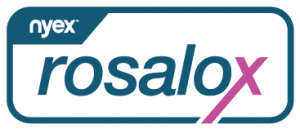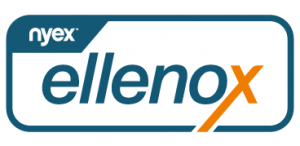Environmental impact of lithium-ion batteries
The extraction of lithium and the manufacture of lithium-ion batteries both present major environmental issues. Most lithium is extracted by an evaporative process. The resultant brine also carries many other chemicals.
In the case of leaks or overflows, it can cause immense damage to watercourses and aquatic and animal life. Also, many areas where lithium is extracted are also in areas of extreme water scarcity, creating potential conflicts with people, industry and agriculture.
Likewise, lithium battery manufacturing can present environmental issues, and leaks from plants are not unknown.
Therefore, Arvia’s industrial wastewater reuse has a powerful environmental purpose and makes sense from a conservation aspect.
Arvia’s Ellenox water treatment systems can remove many organic compounds, including many of those used in battery recycling, down to trace levels to ensure efficient water reuse.
Arvia’s wastewater treatment solution
Arvia’s Ellenox™ systems can offer a permanent and easy-to-commission solution for polluted water used in battery recycling. The lithium batteries contain a wide range of recalcitrant organics, and our Nyex technology can remove over 95% of TOC from the battery wastewater.
This means water reuse in any recycling plant will increase considerably, and water sent to the sewers or watercourses will be well within current environmental limits.
Arvia’s systems can be retrofitted in various positions within a water treatment train and have the benefit of no moving parts and requiring little maintenance. They also have the advantage of not requiring tip-ins of hazardous materials.
For a detailed explanation of how the Arvia Ellenox wastewater recycling system works, see our Ellenox water treatment process page.


